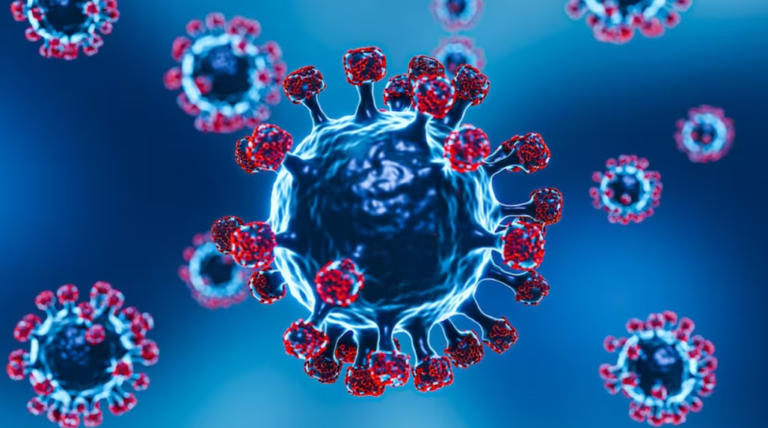[ad_1]
As COVID-19 spreads globally, countries are grappling with the ongoing challenges of this highly contagious virus. Since its outbreak in late 2019, the coronavirus has infected millions of people worldwide and claimed the lives of hundreds of thousands. Despite efforts to contain its spread through measures such as social distancing, mask-wearing, and widespread vaccination campaigns, the virus continues to wreak havoc on communities around the world.
One of the main reasons for the continued spread of COVID-19 is the emergence of new virus variants. These variants, which are often more transmissible and, in some cases, more deadly, have been detected in countries across the globe. This has made it more difficult for governments to contain the spread of the virus and has led to renewed restrictions and lockdowns in many places.
The uneven distribution of vaccines has also contributed to the spread of the virus. While some countries have significantly progressed in vaccinating their populations, others have struggled to secure enough doses to immunize their citizens. This has created a situation where certain regions remain vulnerable to the virus, allowing it to continue spreading unchecked.
In addition to these challenges, COVID-19 has also had a detrimental impact on the global economy. The pandemic has led to widespread job losses, business closures, and economic uncertainty, affecting millions worldwide. As countries struggle to contain the virus and its variants, they are also faced with rebuilding their economies and supporting those the pandemic has hardest hit.
Despite these challenges, there is hope on the horizon. Vaccination campaigns are underway in many countries, and there is growing optimism that widespread immunization could help end the pandemic. However, it is crucial that efforts to vaccinate the population are accelerated and that vaccines are distributed equitably to all countries, regardless of their wealth or resources.
In the meantime, people must continue to follow public health guidelines to protect themselves and others from COVID-19. This includes wearing masks, practicing social distancing, and avoiding large gatherings. By working together and taking the necessary precautions, we can help slow the spread of the virus and eventually end this global health crisis.
[ad_2]

